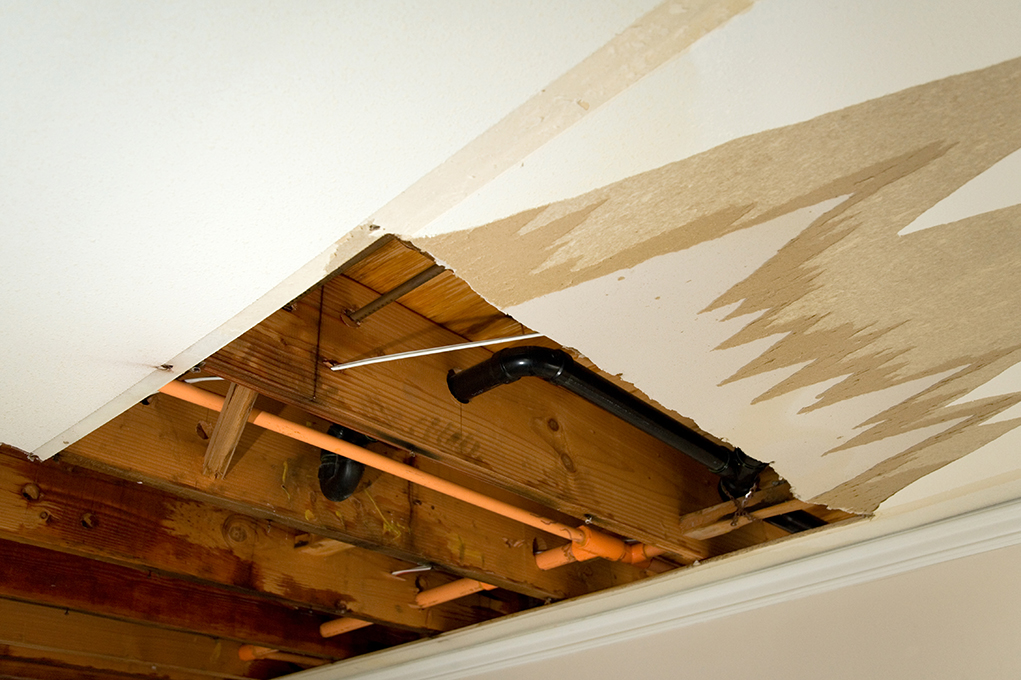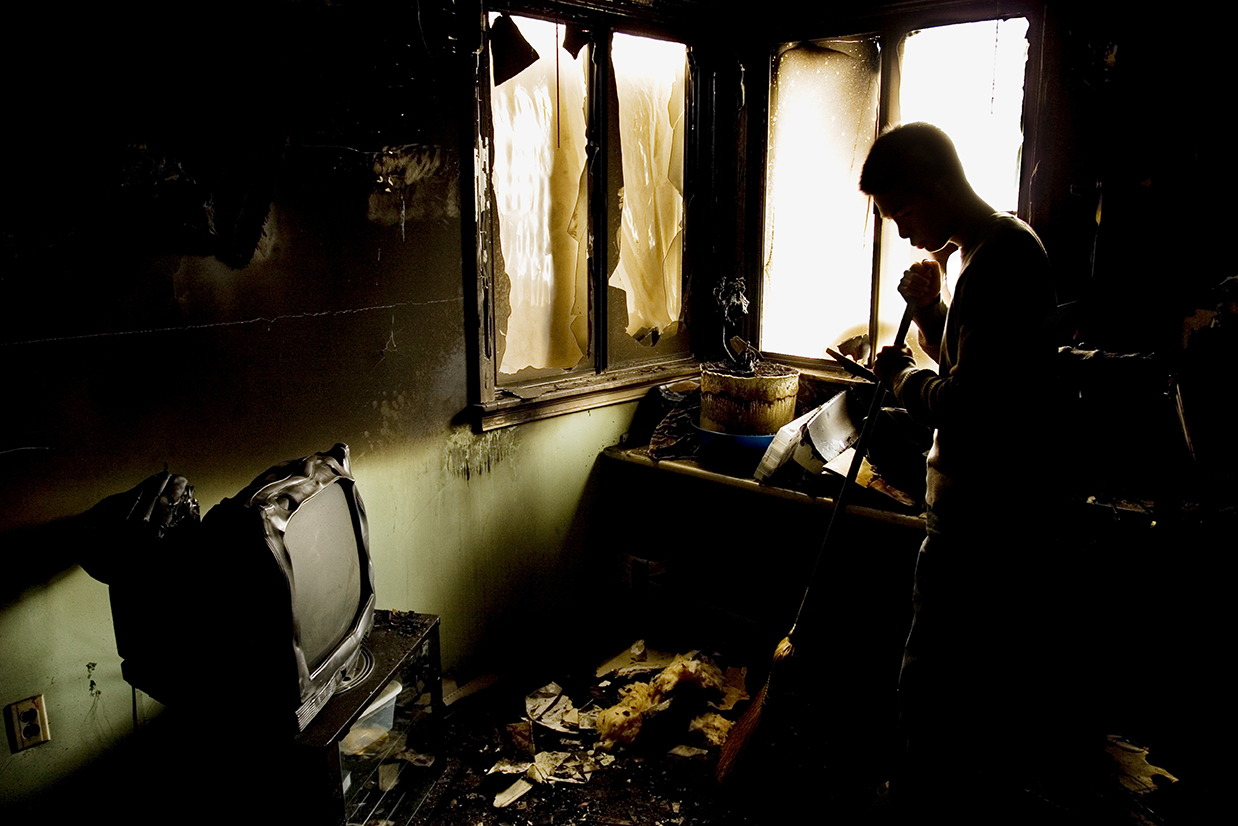
It happens every winter. Inevitably, some unfortunate home or business owner will walk into their property only to find it destroyed by water after their plumbing lines froze and broke. When this happens, one of the first questions that come to mind is, “Will my insurance company pay for this?” Unfortunately, there is no one-size-fits-all answer. It all depends on your particular insurance policy.
The most common homeowners or commercial policy forms will provide you with coverage for water damage from frozen pipes as long as you make an effort to maintain heat in the building or shut off the water supply and drain the plumbing systems. This means making sure that your heat is on and working if you leave for vacation, or having a plumber winterize the property if you’re closing for the season and don’t want to pay heating expenses all winter.
Unfortunately, not all policies will provide you with coverage. If you opted for a policy that has lower premiums in exchange for less coverage, there is a chance that you may have no coverage, whatsoever, for damage from frozen pipes. To make things more complicated, some policies will provide you with coverage but only under more limited conditions. For example, you may have a policy on a rental property that excludes coverage for frozen pipes if the property is unrented and sits vacant for more than 30 days. There is even a homeowner’s policy that stipulates that if you are planning to go on vacation and leave the house vacant for more than 7 days, you have to have your plumbing system completely drained and winterized in order to be covered for a broken pipe while you’re away.
As you can see in the examples above, it is imperative that you are familiar with your particular insurance policy. Knowing the conditions set forth in your policy, and planning accordingly or switching policies can make the difference between being covered or not in the event of a disaster. If you’ve suffered from a broken pipe, or if you’re just planning ahead and you’re unsure about what is covered in your insurance policy, make an appointment with a qualified public insurance adjuster for a free policy review.




